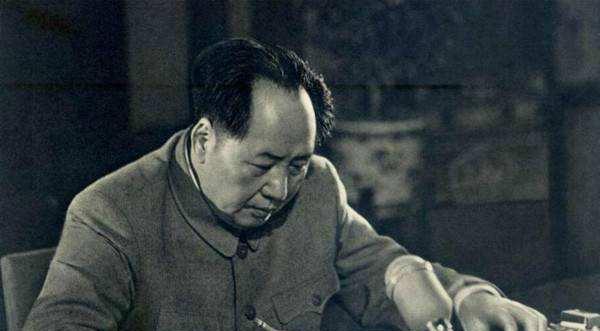In 1842, the Sino-British Opium War ended with the defeat of the Qing government, and the Qing government had to sign the traitorous treaty "Treaty of Nanking" with the British in order to survive, which stipulated that Hong Kong would be ceded to the British, and Hong Kong began the period of British rule, leaving hidden dangers for the next hundred years.

Hong Kong's geographical location was quite important, and after the victory of the War of Resistance, the Kuomintang government also considered the plan to recover Hong Kong, but it was rejected by anglo-American collusion. Soon after, the War of Liberation broke out, and the matter in Hong Kong could only be put on hold.
In 1949, the War of Liberation came to an end, the Kuomintang's defeat on the mainland was irreparable, the People's Liberation Army was like a thunderous momentum, quickly liberated most of the country, in October of the same year, the People's Liberation Army has taken Guangzhou, ready to continue to go south to recover Hong Kong and Macao, it took only three days, the People's Liberation Army drank the Shenzhen River, the liberation of Hong Kong is just around the corner, at this time the British army on the other side of the Hong Kong is already restless, while increasing troops while preparing to escape.
However, at the most critical moment, the PLA suddenly received an order from its superiors to "immediately stop advancing", many people did not understand at the time, but also had to carry out the order, and finally the PLA stopped advancing at the Shenzhen River. So why did the central government make such a decision?
It turned out that the Chair had a longer-term view of this. First of all, after the War of Liberation broke out, the US military blockaded the major cities occupied by the People's Liberation Army, such as Shanghai, Tianjin, and Nanjing, and almost cut off exchanges with the outside world and had no source of foreign exchange, which was very unfavorable to the construction of a new China later. Secondly, the People's Liberation Army put forward three demands on the British government: "Hong Kong cannot be used as a base for the Kuomintang counter-offensive, it cannot be used as a base for destroying New China, and the citizens of New China must be protected in Hong Kong", which means that Britain must support New China and cut off contacts with the Kuomintang government.
Indeed, according to the situation at that time, after the founding of New China, it continued to be recognized and recognized by other countries in the world, and Britain took the lead in recognizing New China in Western countries despite the pressure of the United States, which had a lot to do with Hong Kong. We cannot but say that the chairman's decision was quite long-term, and in the years since, New China has obtained a large number of urgently needed materials through the port of Hong Kong, which has played a great role in the construction of New China.